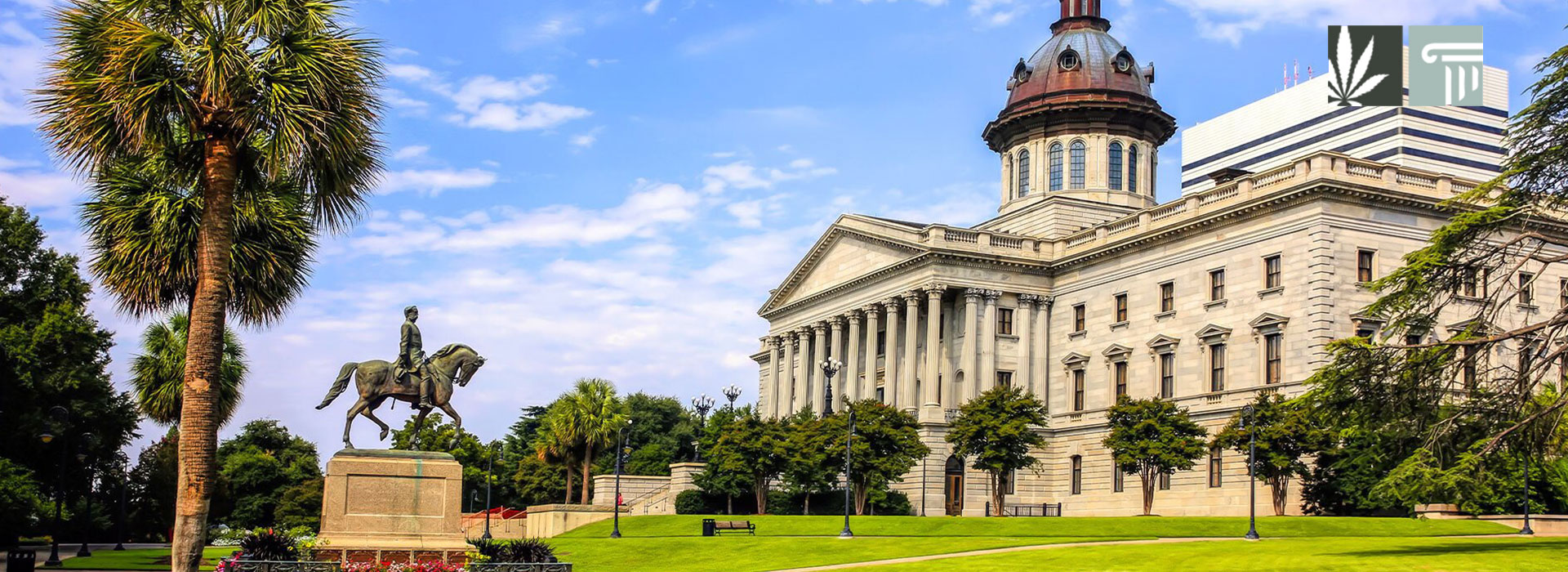A bill to legalize medical marijuana in South Carolina advanced from a Senate committee in a 9-5 vote.
The Compassion Care Act, sponsored by Sen. Tom Davis (R), was approved by the Senate Medical Affairs Committee and is now slated for debate and a possible full floor vote before the end of the legislative session on May 13.
“You see poll after poll—even in South Carolina, even in the most conservative parts of South Carolina—showing that upwards of 70 percent, in some cases 80 percent, of South Carolinians want doctors to be able to provide this to their patients if in the doctor’s opinion, it can be of benefit,” Davis said.
Davis first introduced medical cannabis legislation in South Carolina in 2019. His latest proposal – S 150 – is one of two medical marijuana bills introduced to South Carolina’s legislature in December, 2020, with the companion House version – H3361 – less restrictive than Davis’ measure which he describes as “the most conservative medical cannabis bill in the country.”
“I have promised this committee that I was going to come up with a bill that was truly a medical bill,” Davis said. “That it was not a slippery slope to recreational use—was not a wink and a nod to recreational use.”
The Senate bill would allow patients with qualifying conditions to purchase, possess and use up to two ounces of marijuana every two weeks upon the recommendation of a physician. It would also allow for the licensed cultivation of cannabis for medical purposes. Initially, South Carolina’s medical cannabis regulator would be authorized to issue 15 licenses for vertically integrated cannabis businesses that would handle cultivation, distribution as well as sales, with a limit of 100 medical marijuana dispensaries throughout the state.
Davis’ bill does not allow for smokable forms of medical cannabis, unlike the House version, though both would institute a ban on marijuana homegrows for medical purposes. Furthermore, the Senate version specifies the medical conditions under which a physician may recommend marijuana as a treatment, whereas the House bill would leave this at the discretion of the doctor, so long as the condition falls under their competence.
Prior to the Senate bill’s approval, Davis introduced an amendment adopted by the Senate Medical Affairs Committee that would ensure revenues generated by the medical cannabis program are reinvested into drug treatment and prevention programs, as well as into the implementation of the program itself. Davis made clear though that the bill’s purpose is not to make money for the state’s coffers.
“This bill is not designed as a revenue raiser for the general fund,” Davis said. “It is designed to put medicine in the hands of people who need it.”
A further provision ensures that health insurance providers are under no obligation to offer coverage for medical marijuana patients.
South Carolina remains one of the few states yet to pass significant medical cannabis reform, other than allowing for the use of CBD for a select few medical conditions. If Davis’ measure is enacted into law, South Carolina would join 38 other states plus Washington, DC, in removing criminal sanctions for medical marijuana use, distribution and production. Legalizing medical marijuana seemingly enjoys strong support in South Carolina with a February, 2021, poll finding 72 percent in favor of the measure and just 15 percent opposed.






